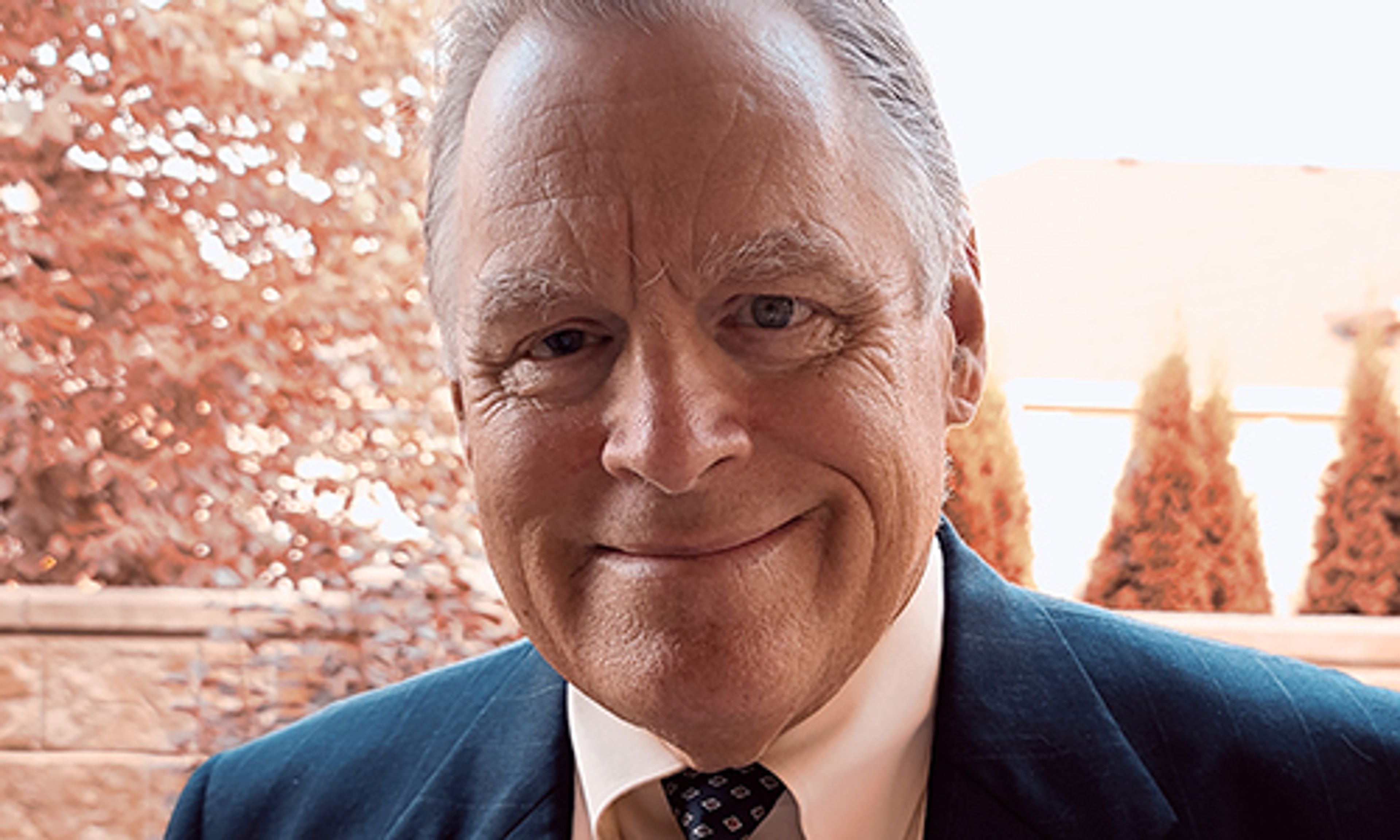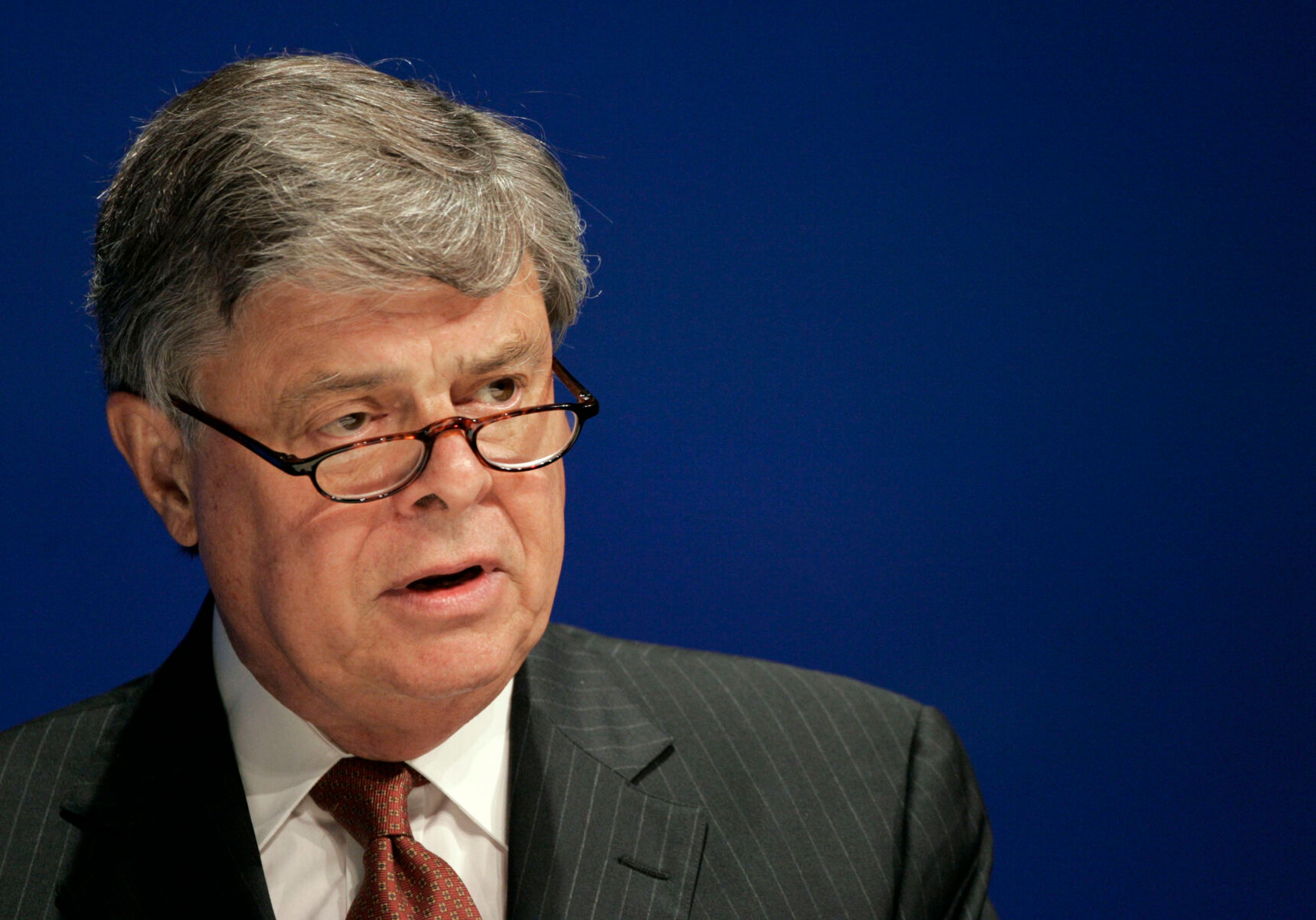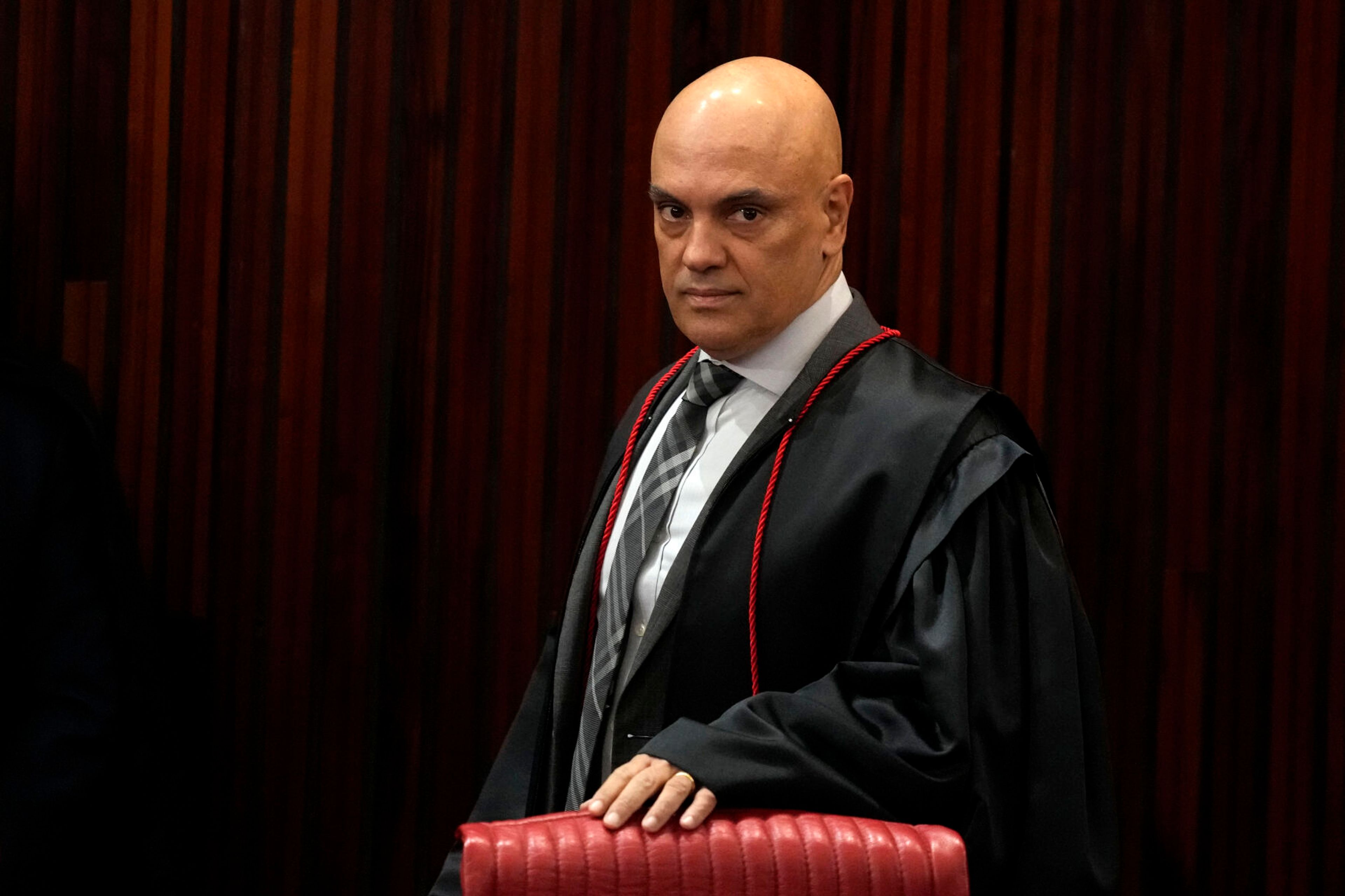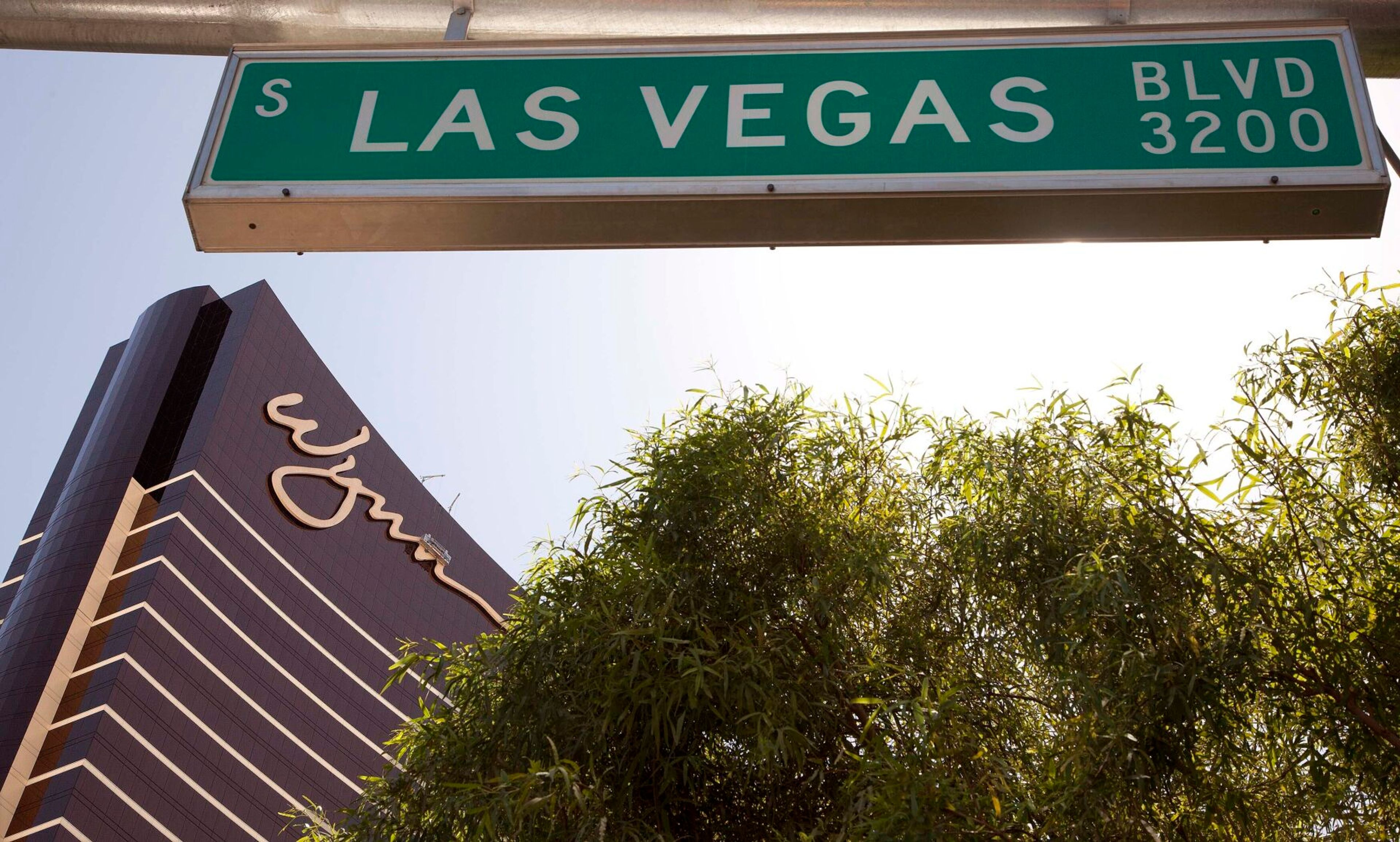Juneteenth speaks to the American promise
Guest Editorial: Another Newspaper’s Opinion
This editorial was published by the Columbian of Vancouver, Wash.
———
More than 150 years after its genesis, Juneteenth serves as a powerful statement about the American promise — a statement that is meaningful to all Americans.
The holiday celebrates June 19, 1865, when Union Army Gen. Gordon Granger read the Emancipation Proclamation in Texas. The proclamation, outlawing slavery in the United States, had been issued by Abraham Lincoln some 30 months prior, at the height of the Civil War.
Enforcement of the law relied on the advancement of Union troops and the defeat of a Confederacy determined to preserve the institution of slavery. By the time word of their freedom reached slaves in Texas — the final state to hear the proclamation — the war had been over for months and Lincoln had been assassinated.
The delay is symbolic of hard-earned advancements for Blacks in this country. Meanwhile, growing attention to the observance is symbolic of the continuing quest for racial justice and a reminder that this nation often has belied its promises.
So it is that we recognize Juneteenth. So it is that we vow to continue to seek justice for all, acknowledging not the United States’ shortcomings but rather this nation’s capacity for achieving its ideals. Those ideals — that all are created equal and all are deserving of access to life, liberty and the pursuit of happiness — remain as profound today as they were at the nation’s founding.
As President Barack Obama said in 2015: “Juneteenth has never been a celebration of victory, or an acceptance of the way things are. Instead, it’s a celebration of progress. It’s an affirmation that despite the most painful parts of our history, things do get better. America can change.”
For far too many Americans, change is frightening. It is perceived as a threat rather than an opportunity, as an engine of discord rather than of self-evaluation and evolution. That evolution has been witnessed over the past 13 months, as the murder of George Floyd by a Minneapolis police officer triggered a reckoning that has resonated with white Americans as well as people of color.
Juneteenth dovetails with that reckoning. It is a reminder not only of an era of slavery but of a potential that can be reached solely through equality of opportunity. As the John Laurens character says in the brilliant musical “Hamilton,” “But we’ll never be truly free until those in bondage have the same rights as you and me, you and I.”
Juneteenth, which long has been observed in Black communities and recently has received widespread attention, acknowledges that fact. Washington has recognized Juneteenth as a holiday since 2007, and beginning next year will make it a paid holiday for state workers. Many private businesses — including The Columbian — have added the date to their calendar of paid days off.
In signing a bill passed this year declaring the official holiday (it was supported by all Clark County legislators), Gov. Jay Inslee said, “The holiday is a celebration of the resiliency and spirit of Black Americans, reminding us of our country’s past moral failures, alongside a persistent hope for a more equitable future.”
American history is rich with successes brought about by the advancement of a unique nation. But that history too often is whitewashed, ignoring the contributions of Black Americans and overlooking our occasional failures.
The growing prominence of Juneteenth is a step toward correcting those oversights — and toward helping the United States reach its full potential.








